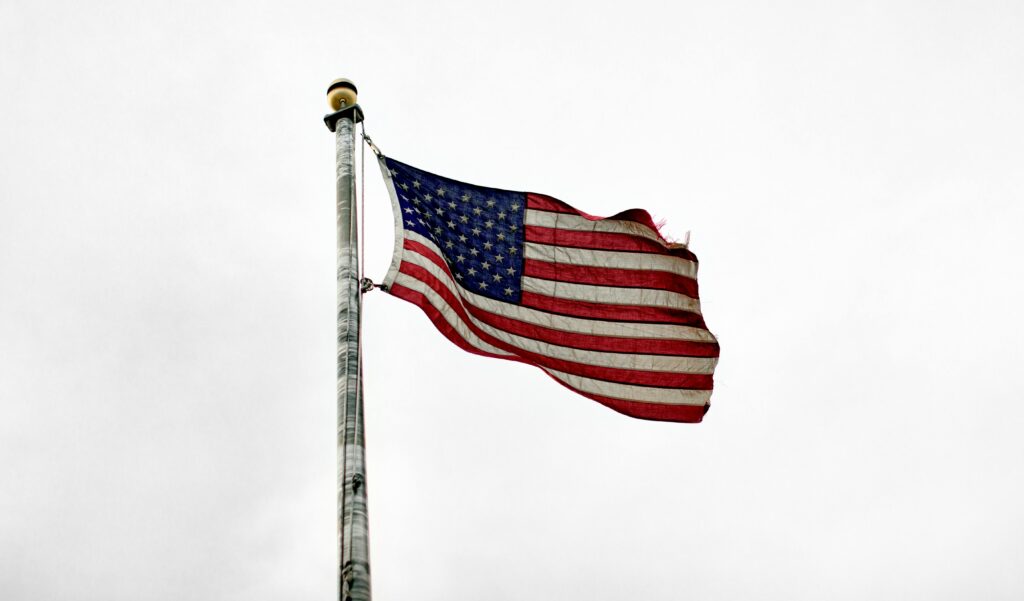Trump has signed a new law imposing stricter detention rules for undocumented migrants, including those accused of minor offenses. The law, which bypasses due process, aims to expedite deportations but has sparked criticism over potential legal abuses and racial profiling. Supporters argue it enhances public safety, while opponents warn of unfair detentions.
Harsher Detention Rules for Undocumented Migrants
President Donald Trump signed a new law enforcing stricter deportation policies for undocumented migrants. During the White House ceremony, he called it a “historic milestone” and claimed it would “save countless innocent Americans.” Congress had passed the law just a week earlier with bipartisan support.
This law requires federal agencies to detain undocumented migrants and individuals with temporary protected status if they are accused of specific crimes. These crimes include serious offenses like burglary and assaulting police officers but also minor violations such as shoplifting. Previously, authorities only detained individuals for major crimes. The law aims to speed up deportations by ensuring direct removal from detention whenever possible.
Under the new regulation, law enforcement must place individuals in special detention centers if they are suspected of committing any of these offenses. This change means that migrants facing even minor accusations can be held indefinitely until deportation. Supporters argue this will improve public safety, while critics warn it could lead to wrongful detentions and legal abuses.
Detention Without Conviction or Bail
Authorities no longer need a formal conviction to detain migrants under this law. Instead, suspicion alone justifies detention, eliminating their right to a hearing, bail, or an assessment of whether they pose a risk. Critics argue that this policy weakens due process and increases the chances of wrongful detention.
The law is named after a 22-year-old student murdered in Georgia in 2024. Police identified the suspect as an undocumented migrant from Venezuela with a theft record. This case sparked national outrage and fueled demands for stricter immigration control. The victim’s mother attended the signing ceremony and tearfully thanked Trump. “He keeps his word,” she said.
Previously, federal law only required detention for individuals convicted of serious crimes. Now, authorities can hold migrants for minor offenses, even if they have not yet faced trial. Critics warn that this law increases the risk of wrongful accusations and racial profiling. They argue that law enforcement could detain innocent people based on vague suspicions rather than solid evidence.
Debate Over Public Safety and Human Rights
Supporters of the law claim it strengthens public safety by preventing crimes before they happen. They argue that stricter detention rules will discourage migrants from engaging in criminal activities. By removing undocumented offenders quickly, they believe the law will protect American communities.
However, critics say the law enforces excessive measures and opens the door for racial discrimination. They also express concern over the lack of legal safeguards, which could result in unjust detentions. Without hearings or bail, many could remain locked up for extended periods without a fair chance to defend themselves.
Trump repeatedly met with families of crime victims killed by undocumented migrants during his campaign. In his speeches, he portrayed undocumented individuals as dangerous criminals. However, studies contradict this claim, showing that undocumented migrants commit fewer crimes than U.S. citizens, largely due to the fear of deportation.
This law marks a significant shift in U.S. immigration policy, sparking debates on national security, legal fairness, and human rights around the world. As its impact unfolds, both supporters and critics will continue to debate its long-term consequences globally.
